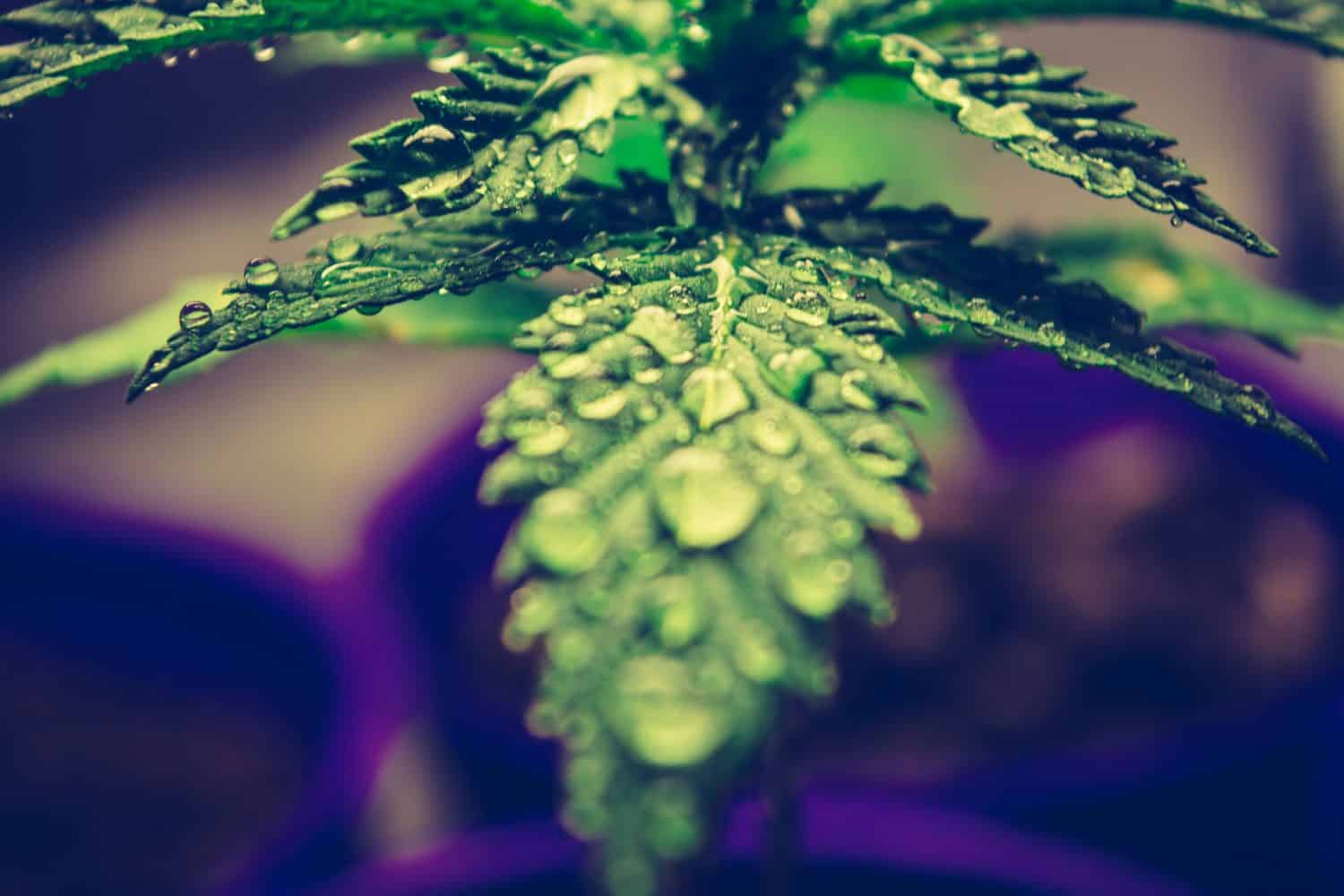
Marijuana is often seen as a harmless drug. It is certainly far less dangerous than other drugs such as alcohol or opiates. It can even have certain positive effects.
However, it can also negatively impact a user’s life, in some cases to an extreme degree. This is partly because it is considerably more addictive than is often assumed.
A user can develop a strong dependency on weed, often without realizing it. This is because the effects of the drug are generally not as dramatic as those of other substances more traditionally associated with addiction. However, a user who attempts to reduce or end their use may find it extremely difficult. They may encounter various withdrawal symptoms during the process, which can range in nature from mildly unpleasant to intensely difficult. Particularly now that weed is legal in Canada, it is important for user’s to understand its addictive potential and how to respond if they develop a dependency.
Effects of Weed
While there are numerous methods of ingesting weed, it is usually smoked or consumed in the form of edibles. THC is one of the active components of weed. It acts on receptors in the brain, effecting neurochemistry. THC increases dopamine flow in the brain, usually having a positive effect on mood. It also affects the focus, decision making and thought to process.
Weed can enhance sensory experiences due to its effect on neurochemistry. For example, many people find that they enjoy food, music or other forms of entertainment more while under its influence. The drug can also have a very relaxing effect. While these effects may be harmless and even positive for many people, users may also find that they develop a dependency upon them. This can have many negative and potentially disastrous effects on a person’s life.
Medical Benefits
As well as the effects discussed above, weed can be of benefit to people coping with specific medical issues. It can ease certain forms of chronic pain. It can help people coping with insomnia to sleep. Research has also shown that it can be of benefit for people being treated for PTSD. It is sometimes used to ease nausea and improve appetite for people undergoing chemotherapy.
Negative Effects
Marijuana can have various negative effects on a person’s wellbeing, including their mental and physical health. These effects are generally much less severe than the negative effects of alcohol or heroin, for example, but must still be taken seriously.
Long-term use of weed can negatively affect focus, memory and motivation. This means that a person using marijuana regularly and consistently may struggle to meet their personal and professional responsibilities. It can also have a very isolating effect on people, reducing their social contacts and depriving them of connections with others.
Someone who uses marijuana regularly may also experience negative effects when they do not use the drug for some time. This can be a period of only several hours. They may find that they become irritable, anxious or depressed. They may also struggle to focus. This can cause negative interactions with others and reduced professional performance, among other problems.
Concurrent Disorders
Many people who regularly use drugs do so in order to cope with the symptoms of mental health problems such as anxiety or depression. Someone using marijuana to cope with the symptoms of depression, for example, is not truly addressing the underlying issue. This means that they will not seek genuine help or develop healthy coping mechanisms for coping with their symptoms. The condition may also become worse as they avoid addressing it.
Treatment for addiction and co-occurring mental health disorders helps addicted people to achieve lasting recovery. It addresses the underlying causes and consequences of addictive behaviour. Treatment methods such as cognitive behavioural therapy, individual therapy and group counselling help people to develop healthy mechanisms for coping with the symptoms of mental health disorders, eliminating the need for unhealthy self-medication.
Linked Addictions
Marijuana use can also interact with other forms of addiction. For example, many people combine using weed and drinking alcohol. This can mean that, if they decide to stop drinking but continue to use weed, they may struggle to resist urges to drink. Addictions often become linked, interacting with one another and making it difficult for the user to quit either one.
Associations
Marijuana use can also be linked to other activities. A common example is playing video games. This might mean that playing video games becomes very triggering to someone trying to stop using weed. This may mean that they must stop engaging in the other activity, at least for a sustained period of time. Addiction treatment also helps people to develop methods for coping with relapse triggers.
Positions of Responsibility
Marijuana also affects physical coordination, focus and decision making. This is why no one should ever use it while in a position of responsibility, such as while driving or supervising children.
Withdrawal
We recently published a blog on the common symptoms of withdrawal from weed. While withdrawal from weed is not usually dangerous, it can be severely difficult. An individual may experience mood swings, intense anxiety or depression. They may also experience intense physical agitation and problems with sleep and appetite. For someone coping with a mental health disorder alongside addiction, withdrawal may also affect the symptoms of the condition.
Withdrawal symptoms may last for weeks or months. In some cases, psychological symptoms may remain for years. Various factors will influence a person’s withdrawal symptoms, including the length of time they used weed, the amount they used, and the extent of their addiction. Other issues in their lives, such as their personal relationships and professional life, will also affect the process. While acute withdrawal from weed will not generally put a person in danger, in some cases withdrawal management may help them progress to a point where they can begin treatment and work towards lasting recovery.
Relapse
If you relapse while attempting to, this is not something to be ashamed of or discouraged by. Recovery is a challenging process that often requires multiple attempts. Relapse should be viewed as a learning opportunity and a chance to reaffirm commitment to recovery.
Treatment for Weed Addiction
Most people who develop an addiction require dedicated, professional support in order to achieve lasting recovery. Evidence-based treatment methods such as cognitive behavioural therapy, individual therapy and group counselling help addicted people to identify and address the underlying causes and consequences of their addictions. Rather than treating addiction in isolation, they address it alongside the mental health issues related to it. These forms of treatment also help clients to develop healthy coping mechanisms in place of self-medication. They prepared them to cope with cravings and relapse triggers in order to sustain their recovery. For severe cases of weed addiction treatment at drug rehab centres is recommended
Supporting Recovery
There are various useful habits and lifestyle choices that a person can adopt to support their recovery. These include maintaining a healthy diet, getting regular exercise, and spending time outdoors. Setting clear, measurable goals for each phase of recovery also helps a person monitor and sustain their progress.
Aftercare
Good treatment providers offer comprehensive aftercare support as part of their programs. Trafalgar offers support after structured treatment through our Aftercare, ContiUCare and Continuation of Care programs. We offer these programs at no extra cost. While our treatment provides clients with the strongest possible foundation for lasting recovery, recovery is a lifelong process. Individuals must maintain their commitment long-term and continue to actively work on their recovery. Aftercare programs provide crucial support in doing this.
If you have any questions about weed addiction or treatment for it, contact Trafalgar Addiction Treatment Centres today.





